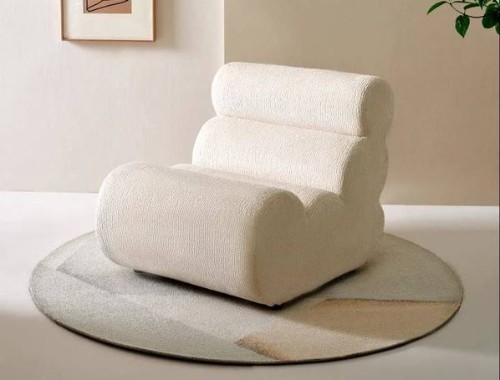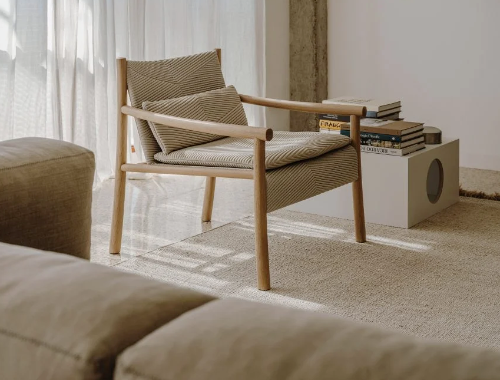Obama pleased with 'first step' in RMB reform
Obama believes that China's currency will rise by a large margin and Washington will be "paying attention" to Beijing's rate reforms.
TORONTO - US President Barack Obama believes that China's currency will rise by a large margin and Washington will be "paying attention" to Beijing's further exchange rate reforms in the coming months.
Chinese economists said the American president is indirectly urging China to further revalue its currency and is also calming down domestic critics of China's foreign exchange reform. But they believed it is unlikely that the renminbi will grow as much as the US expects in the short term.
While he acknowledged the progress that China made so far in foreign exchange reform and indicated the US was pleased China "made the first step", Obama said "we do expect that as more and more market forces come to bear, that given the enormous surpluses that China has accumulated, that the renminbi is going to go up and it's going to go up significantly."
"I don't have the perfect formula, but I have the clear idea" that the US will have three months to determine whether the renminbi "is moving fast enough," said Obama at a press briefing marking the close of the two-day G20 summit.
China last week announced it will allow more flexibility of its currency, which ended its de facto peg to the US dollar in force since July 2008.
But some US senators, lawmakers and manufacturers are still unhappy, calling for further gains in the value of the renminbi and urging the administration to punish Chinese exporters by imposing countervailing duties.
"Obviously, Obama's message for China is largely driven by internal pressures. I don't think he himself would like to push China too far," said Lu Zhengwei, senior economist at Industrial Bank.
Reports show China will not let the yuan appreciate greatly in the short term, as this will threaten China's efforts to transform its economic growth model and also hurt the global economic recovery.
Nobel laureate Robert Mundell told China Daily: "I don't think it's going to be a good time for China to have a big appreciation. It doesn't matter (for China's economy) if they don't do (appreciate) too much. But if it does a lot, that will hurt China."
Zhao Xijun, deputy dean of the School of Finance at Renmin University of China, also rebutted the US argument that China manipulates its currency.
"I believe how much the renminbi will appreciate is decided by the market. There are many uncertainties with the flotation of renminbi, such as the development of global and Chinese economies, capital flow and trade trends."
Ma Xin, director of the Department of International Cooperation with the National Development and Reform Commission, said on June 27 at a press briefing that "any move on China's foreign exchange regime will be decided by China's own needs for economic development, rather than foreign pressure".
The US has repeatedly claimed that the value of the yuan has put its exporters at a disadvantage, leading to the huge trade deficit with China, but economists at home and abroad argued there is no direct connection between the foreign exchange rate and the trade imbalance.
China's trade surplus has been falling during the past few months, and in March the nation registered its first trade deficit in 70 months.
Canadian Prime Minister Stephen Harper said in his final press briefing at the G20 that China's announcement that it would continue currency reforms is a "down-payment" on the Framework for Strong, Sustainable and Balanced Growth that the G20 countries launched in Pittsburgh.
China started pegging its yuan to the US dollar at around 6.83 in July 2008 after the currency had risen by 21 percent.
Last week, the yuan gained 0.5 percent, the most since December 2008.
-

Quanyou teamed up with the fashion brand ANNAKIKI to launch a new joint product!
-

Outer, an outdoor furniture brand founded by Chinese, enters the Australian market
-

National Bureau of Statistics: The retail sales of furniture in the first three quarters reached 120.5 billion, an increase of 20.7%
-

Enveloping lounge chairs and lightweight office chairs from Arper feature

 沪公网安备31010402003309号
沪公网安备31010402003309号



